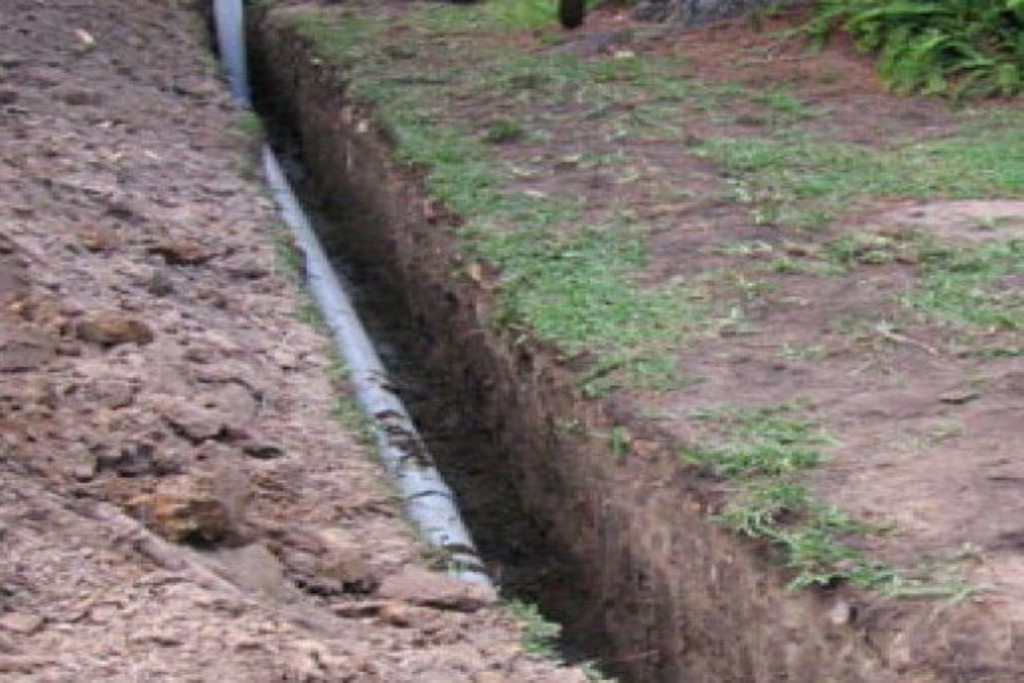
No matter how your sewer system is constructed, you should schedule quarterly inspections, cleaning, and maintenance to prevent clogged sewer lines. Let’s take a closer look at how we handle clogs of all sorts.
A sewer clog involves a slowed or completely stopped-up pipe. If not addressed quickly enough, a clogged sewer line will become totally stopped. In some situations, a sewer line will stop water and solids from moving. If left untreated or treated inadequately, a sewer spill will occur. This can lead to water backing up and spilling out of manholes, cleanouts, and backing up into a building. If this happens, it can spell disaster for local homes and businesses. Regardless of your sewer clean out pipe situation, pay attention to how your pipes are flowing throughout your home. If you notice slow running water, odd smells, or strange noises, contact a sewer and drain professional right away!
If you’re in need of additional repairs like cured-in-place-pipe or CIPP wok, starting with clean sewer lines is essential. The team at CPC Trenchless will do everything possible to clean your pipes of debris and blockages. Once this has been done, a high-pressure water jet, known as a jetter, will clear your pipes to prepare them for upcoming repairs.
Hiring a professional team to complete a sewer cleaning as soon as possible can save you time and money. Having service done at the first signs of trouble can prevent overflows, backups, broken fixtures, and flooding damage to flooring surfaces. If you wait too long and one of the unfortunate events above has happened, there can be damage to your sewer and drain system or to the landscaping surrounding your property. While CIPP is designed to be a no-dig solution, serious damage can only be corrected by a lengthy and costly excavation.
One way of clearing clogged drains is called hydro jetting. In this process, high water pressure is used to clear the walls of your pipes. Generally, professional plumbers will use somewhere between 3,000 and 8,000 psi of pressure to get a maximum level of clean. For the sake of safety, plumbers are the only people who should be trusted to use hydro jetting.
Copyright © 2022 Cpcexcavating. All Rights Reserved.